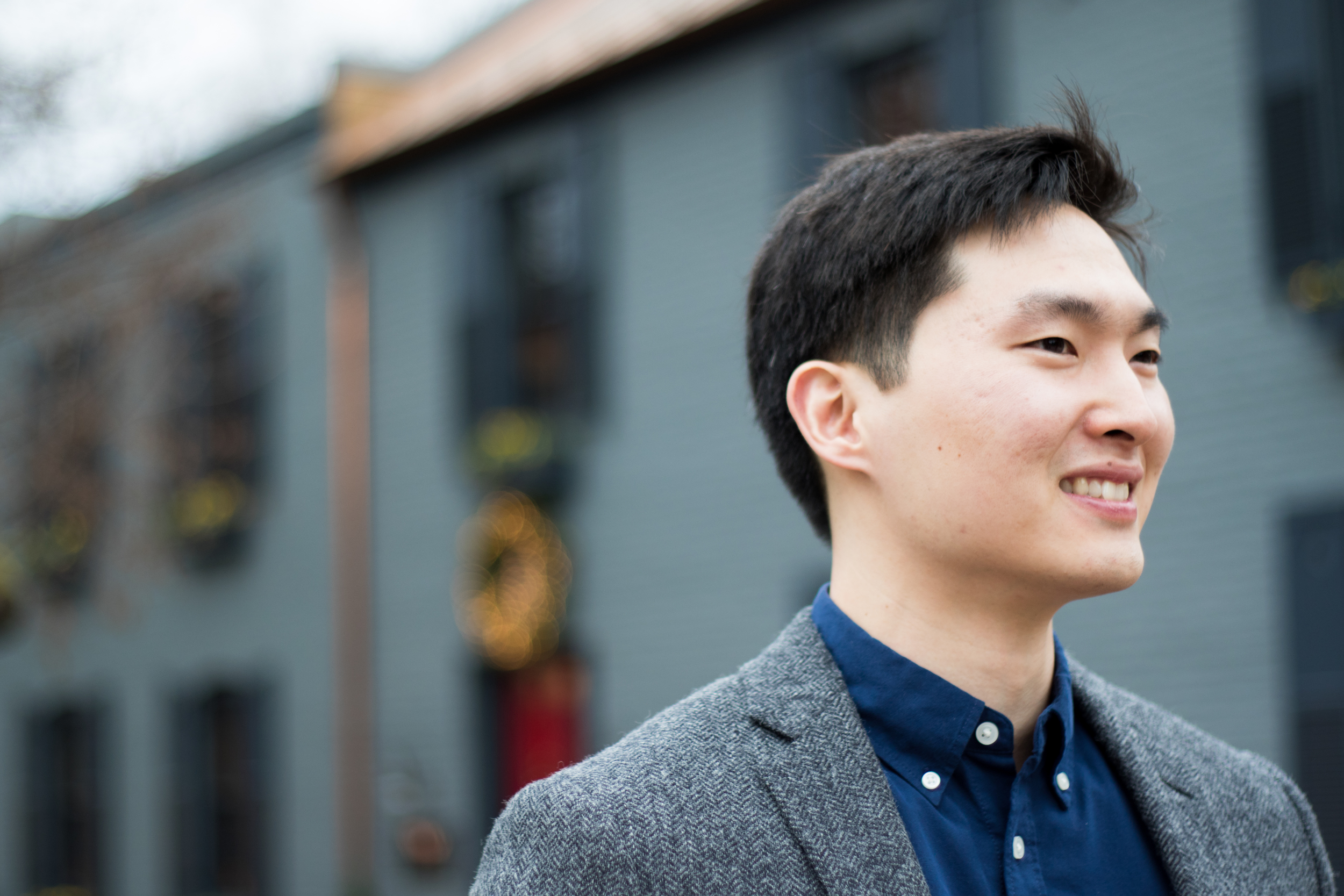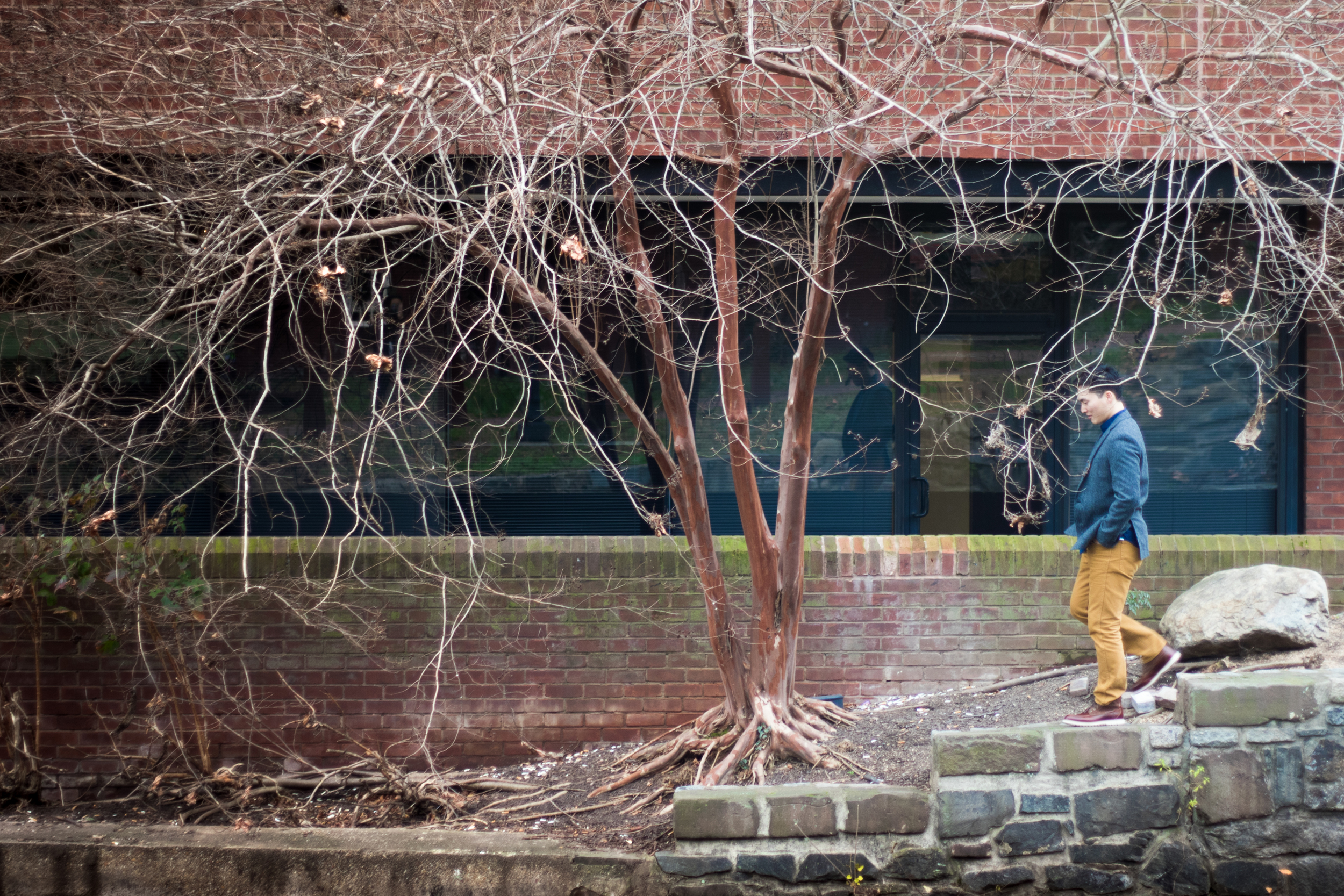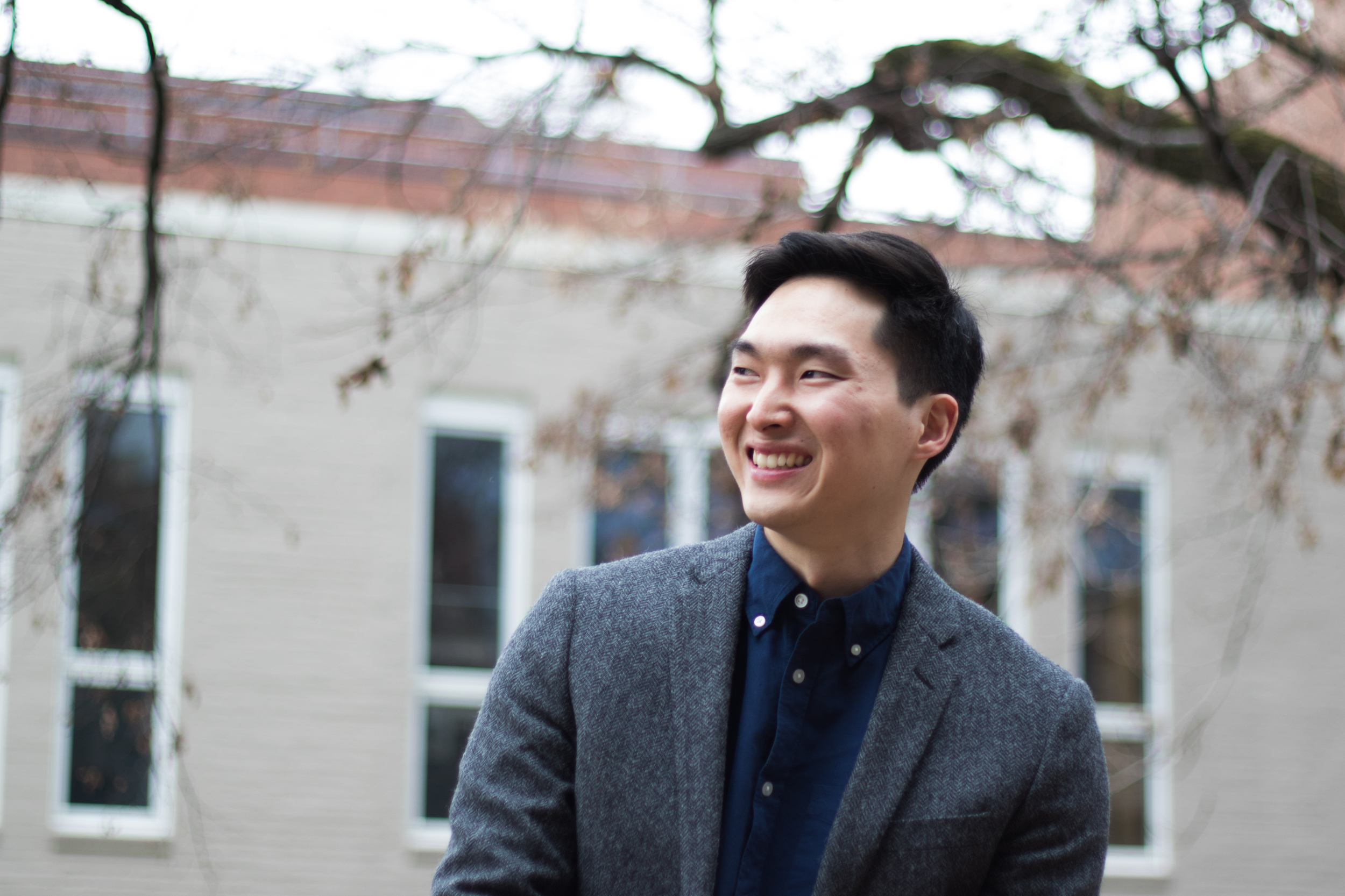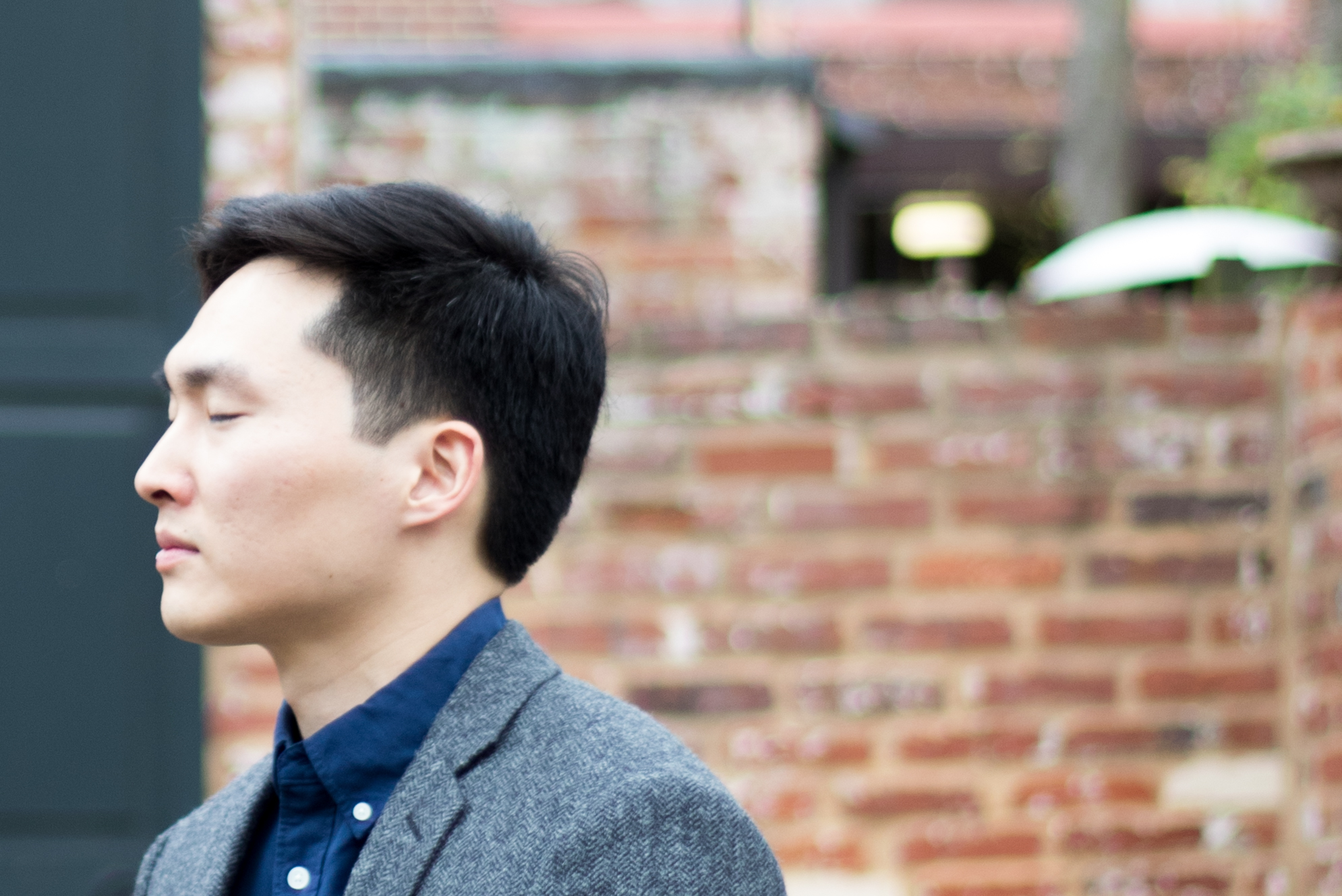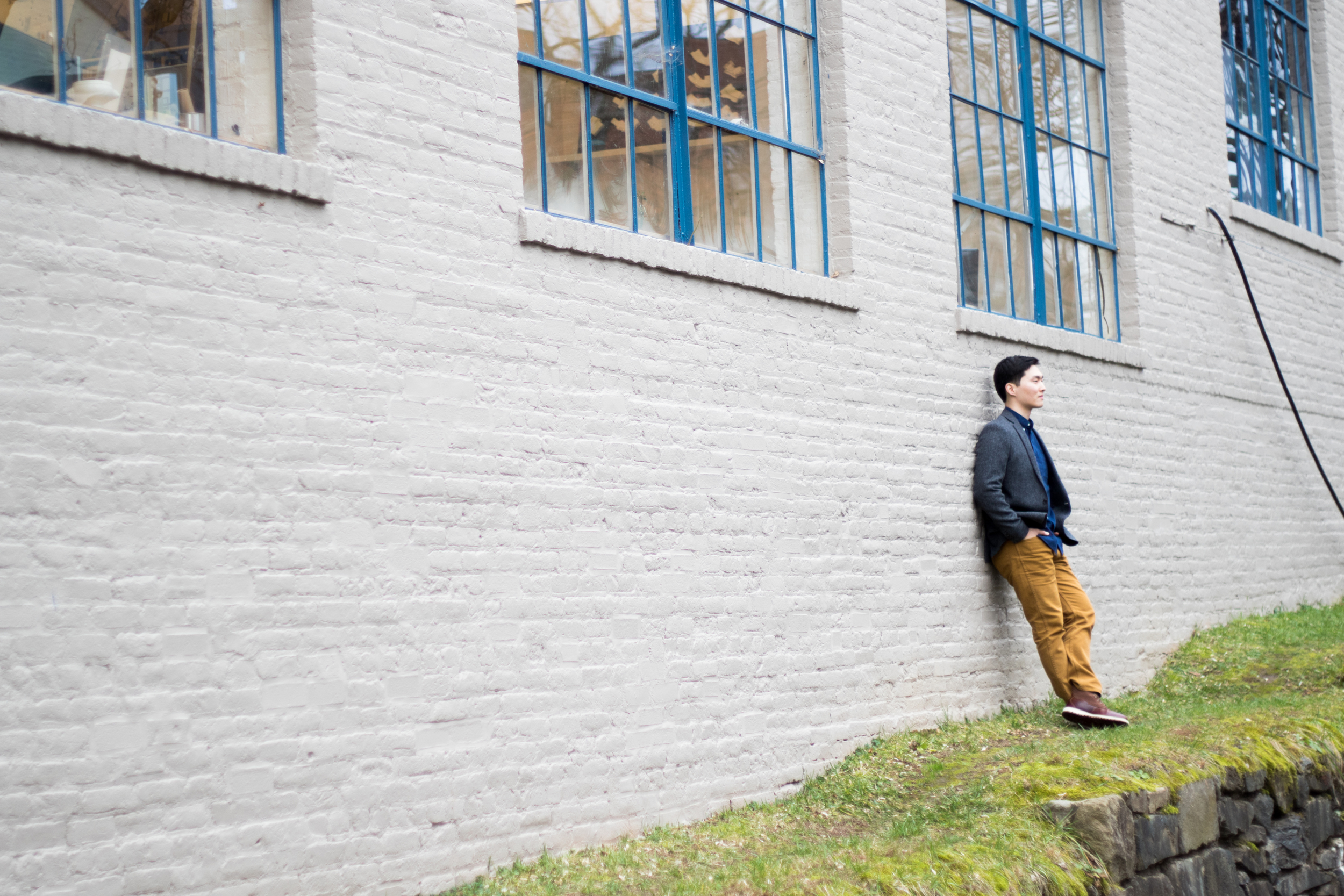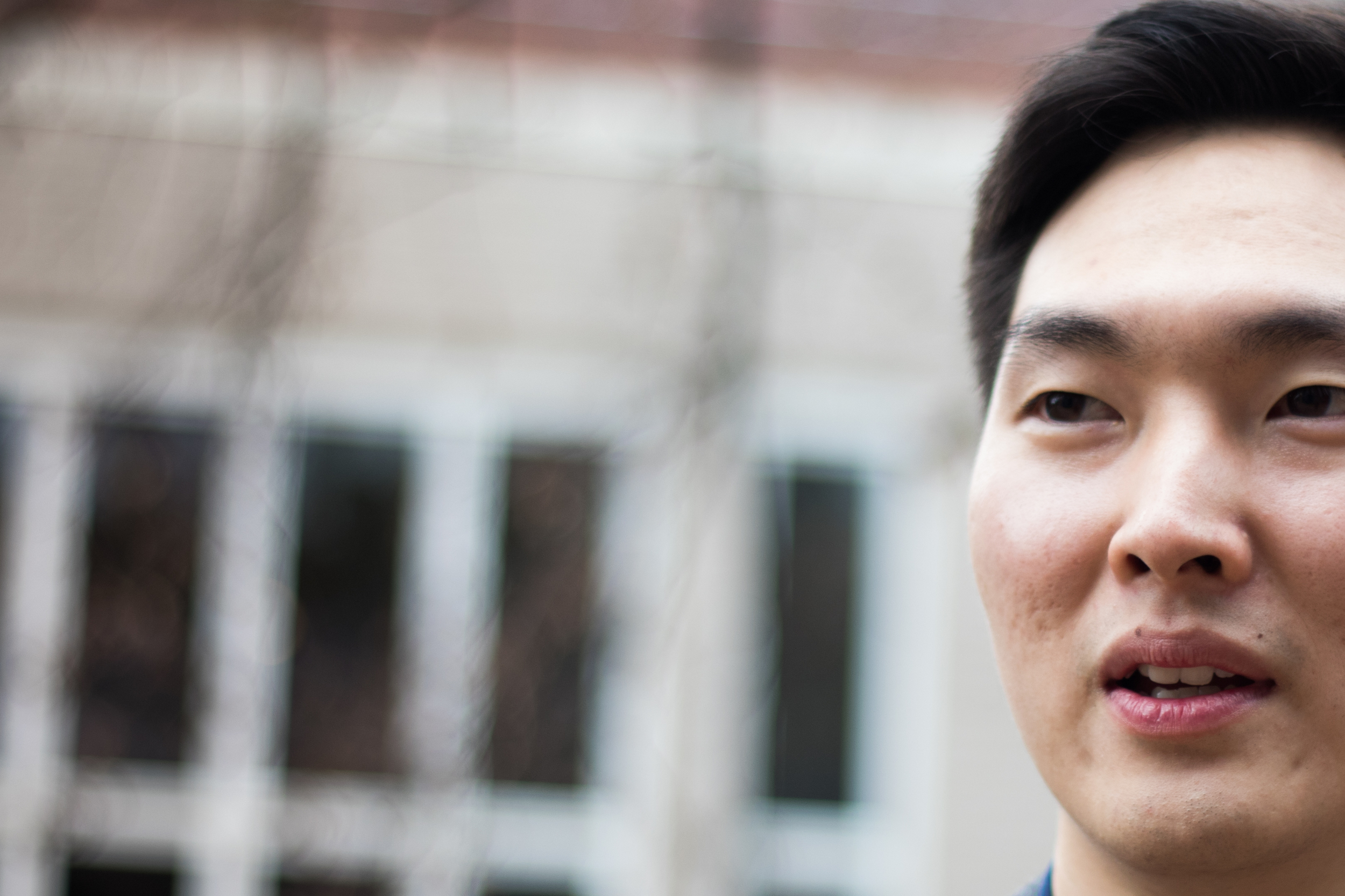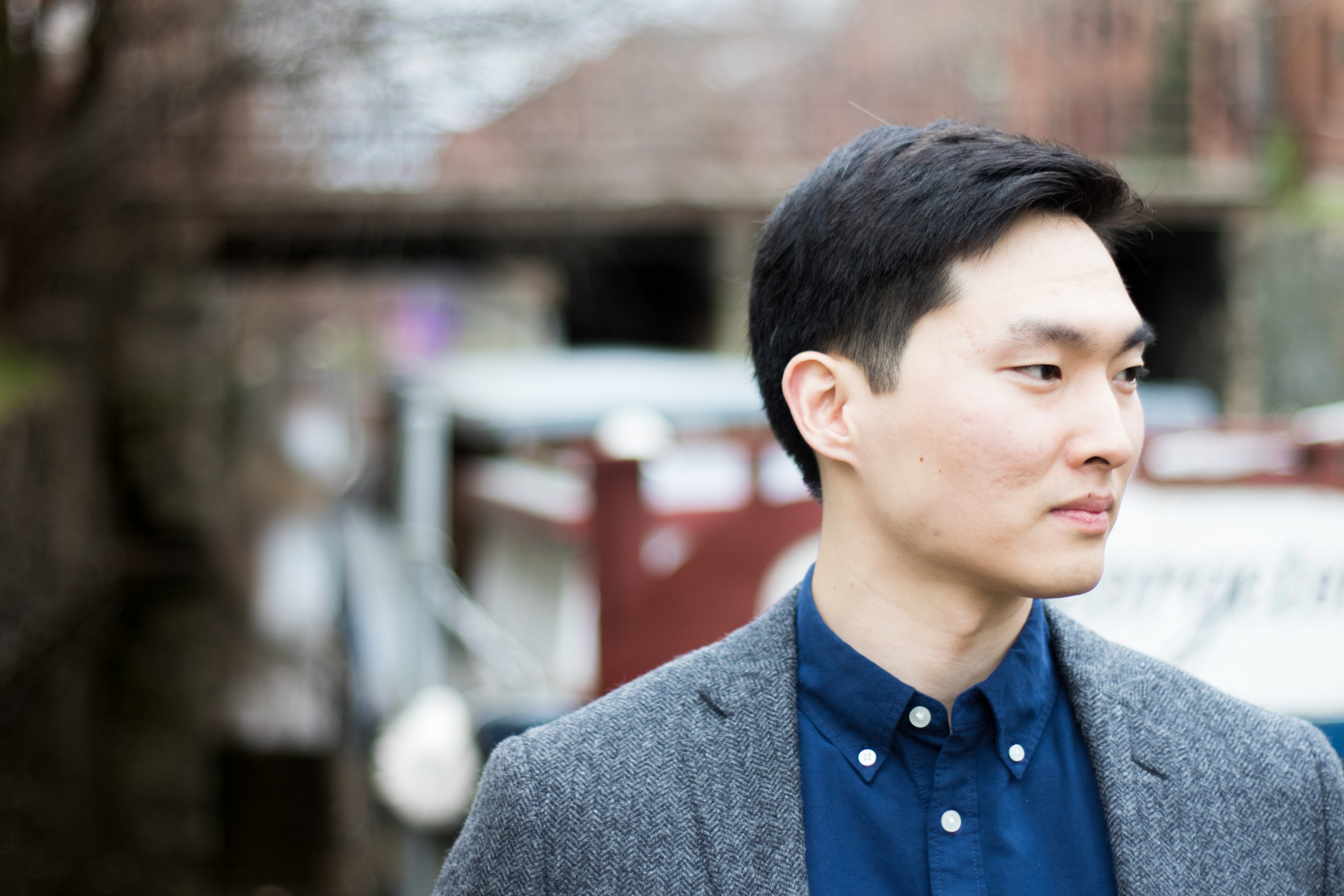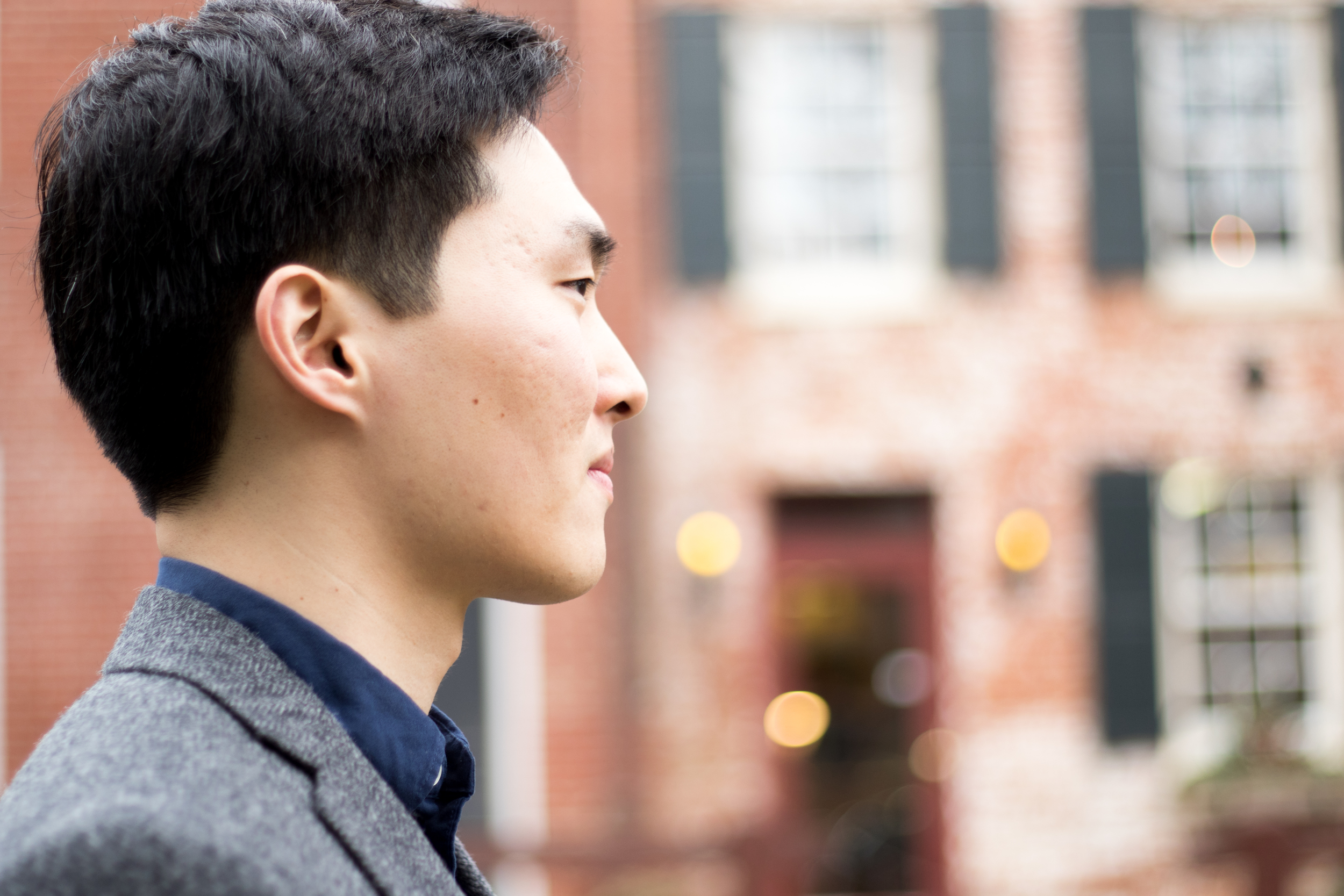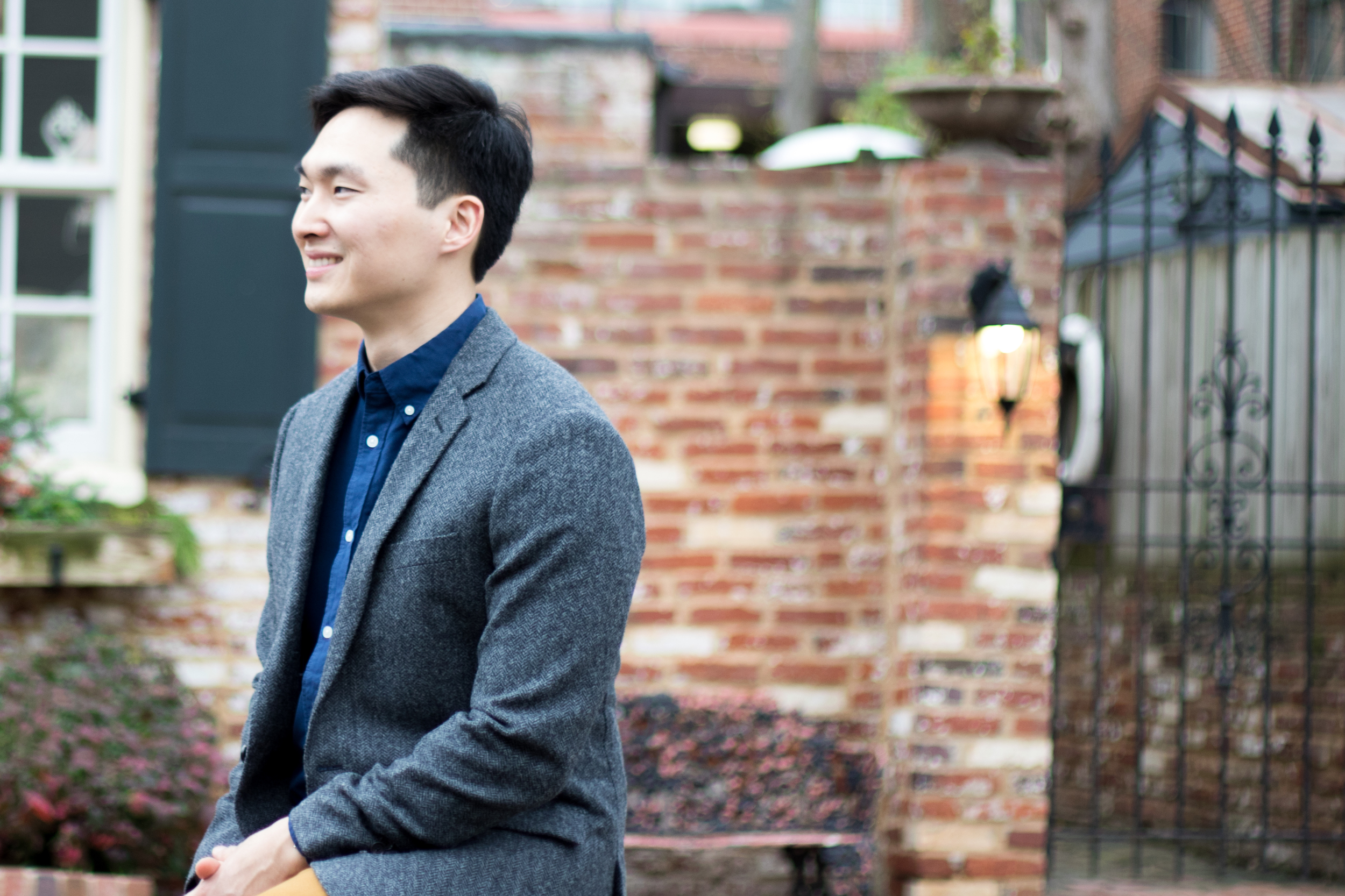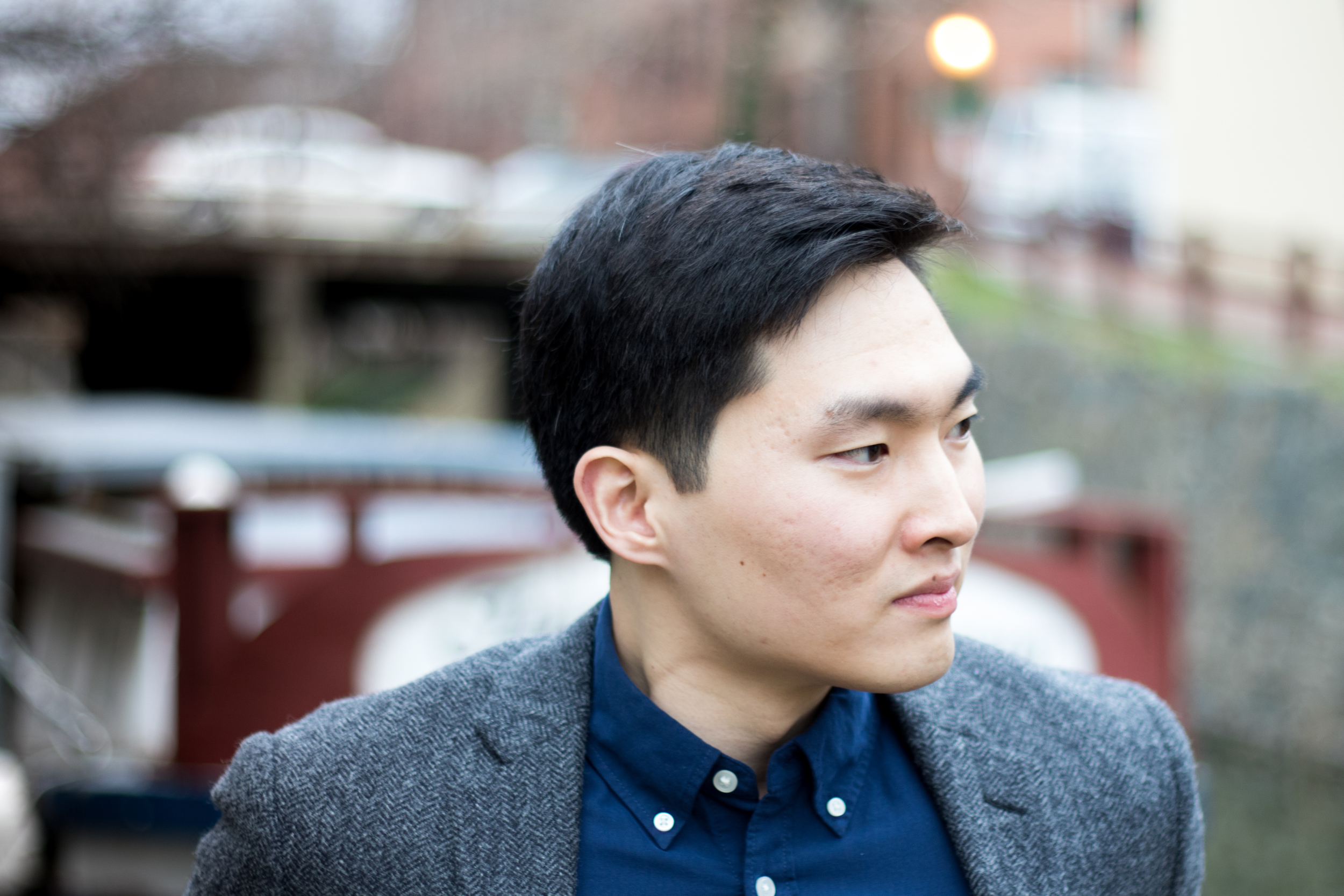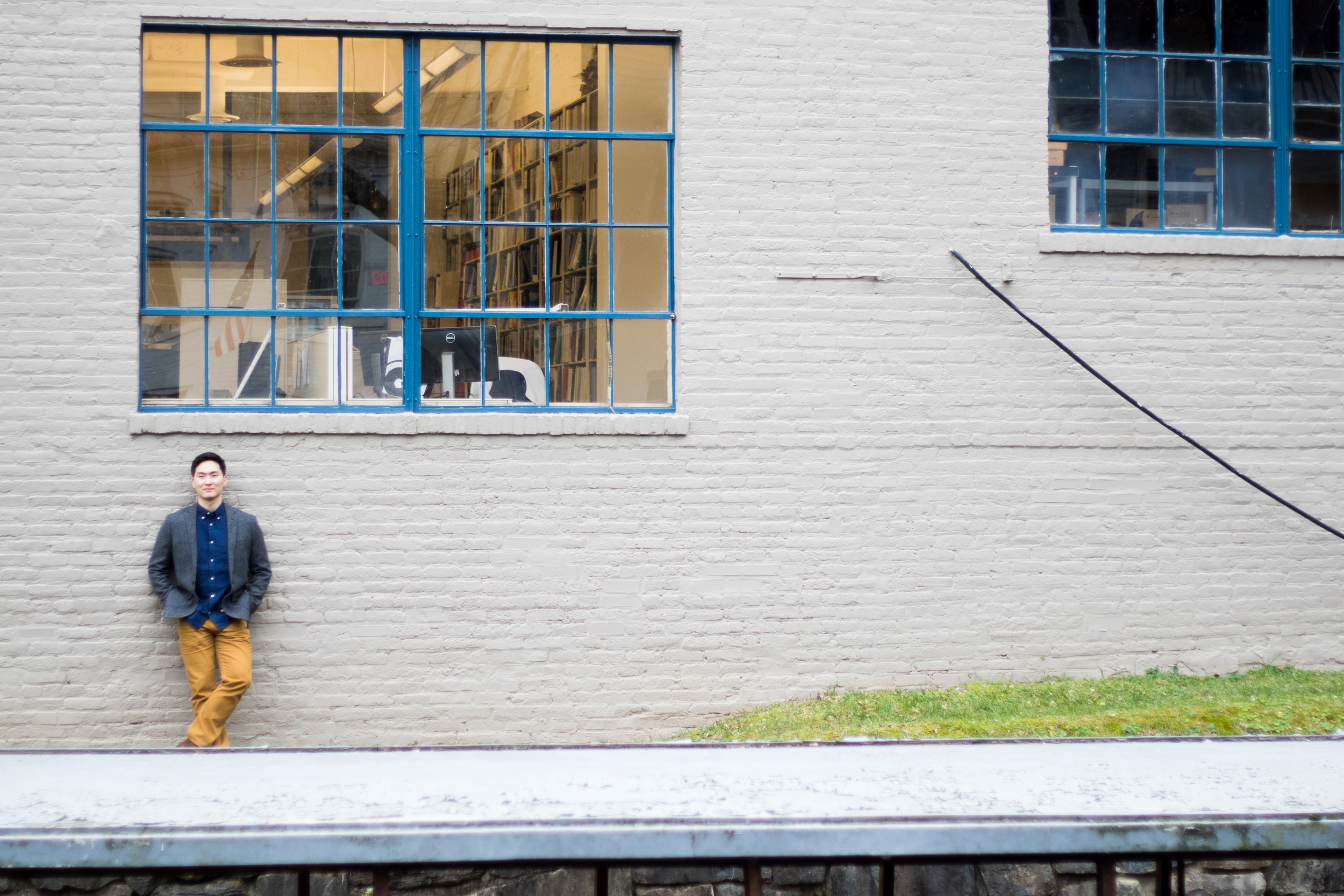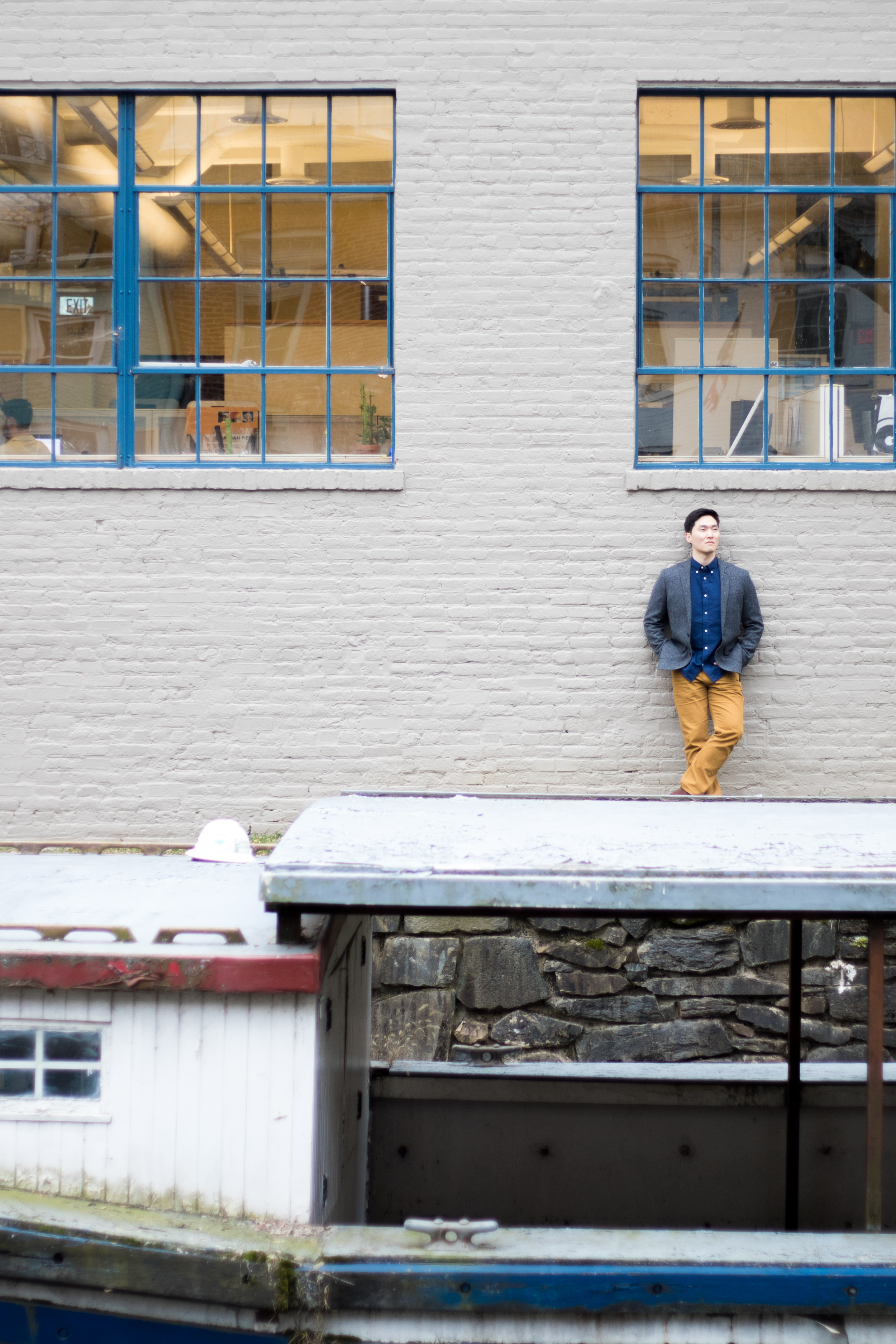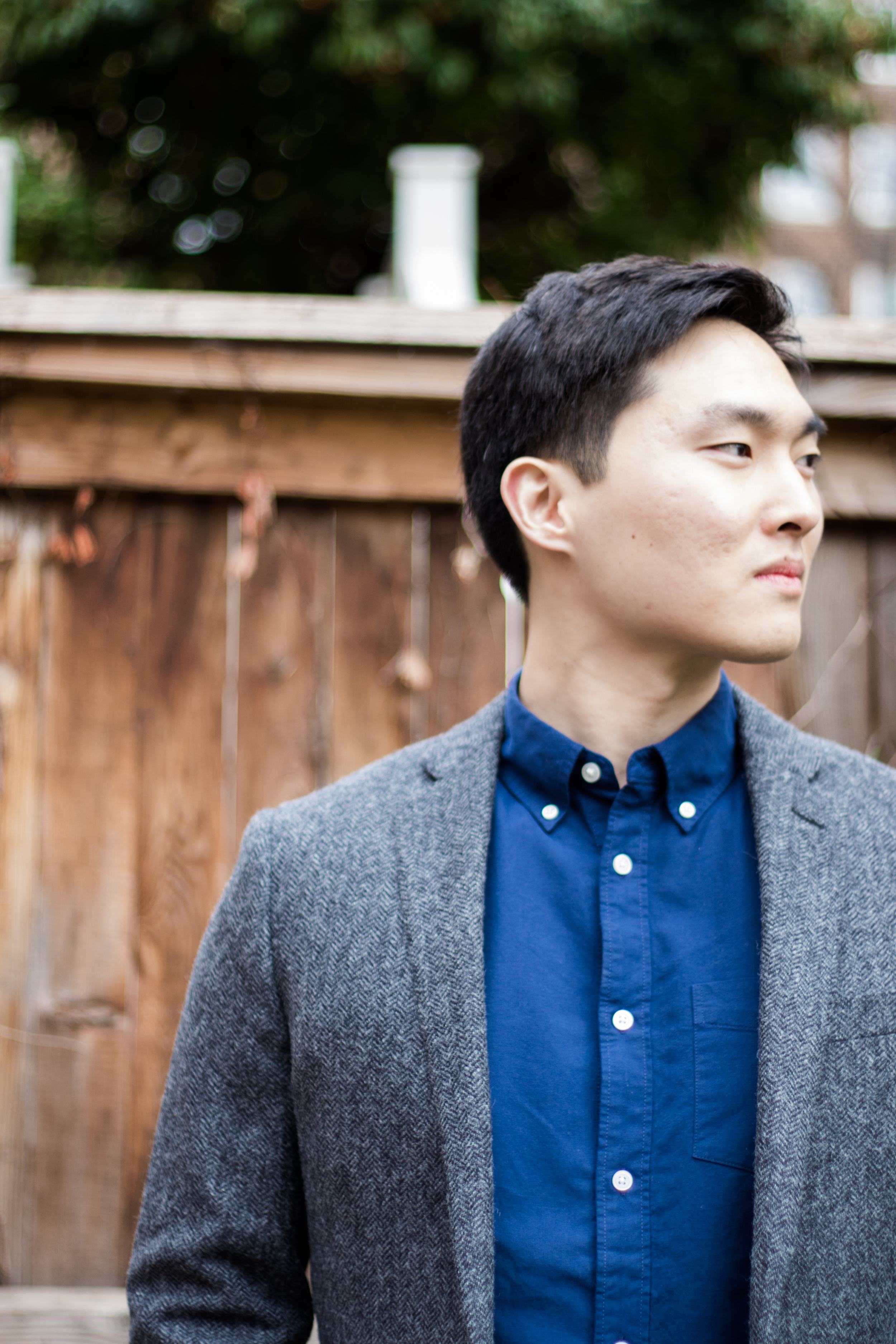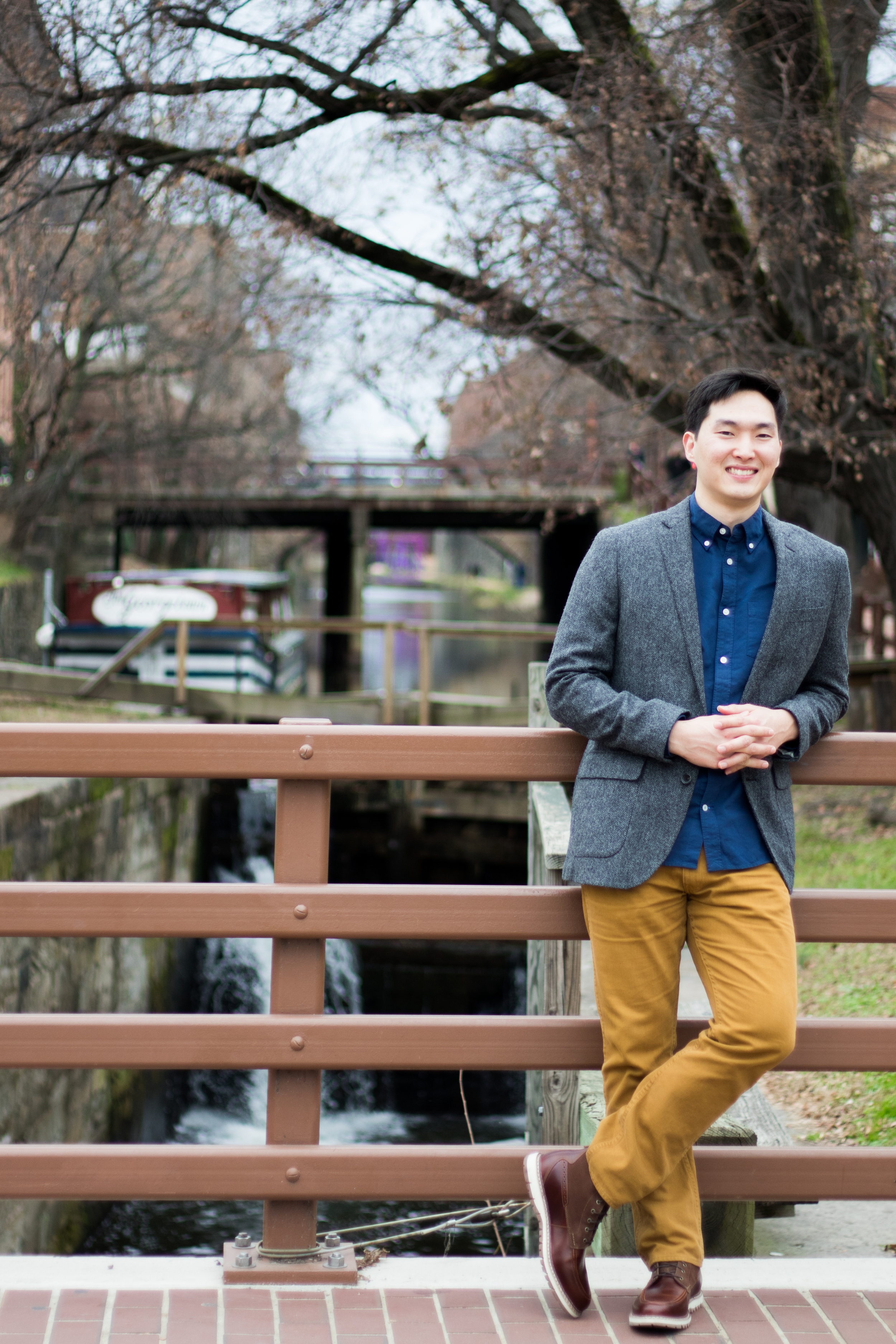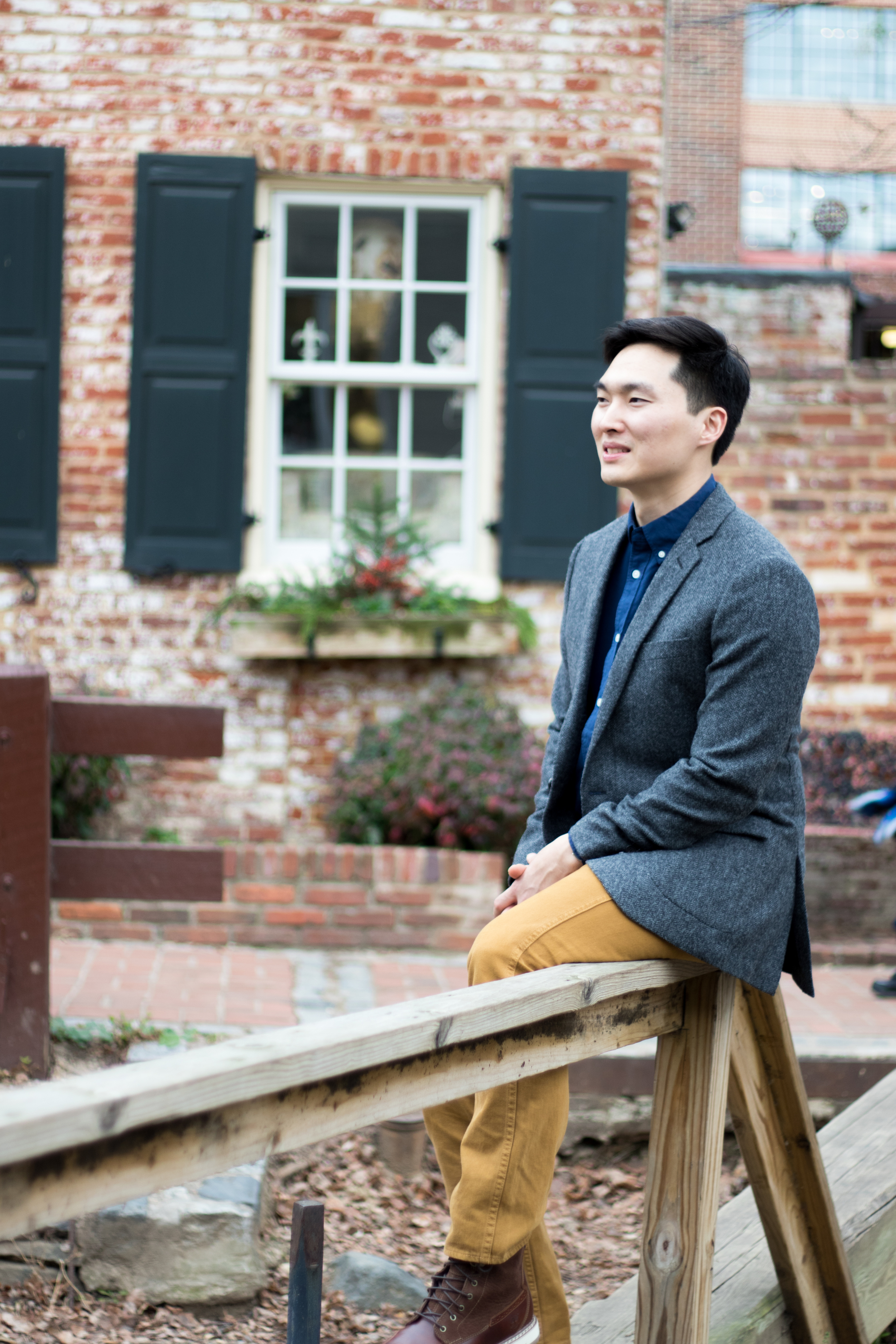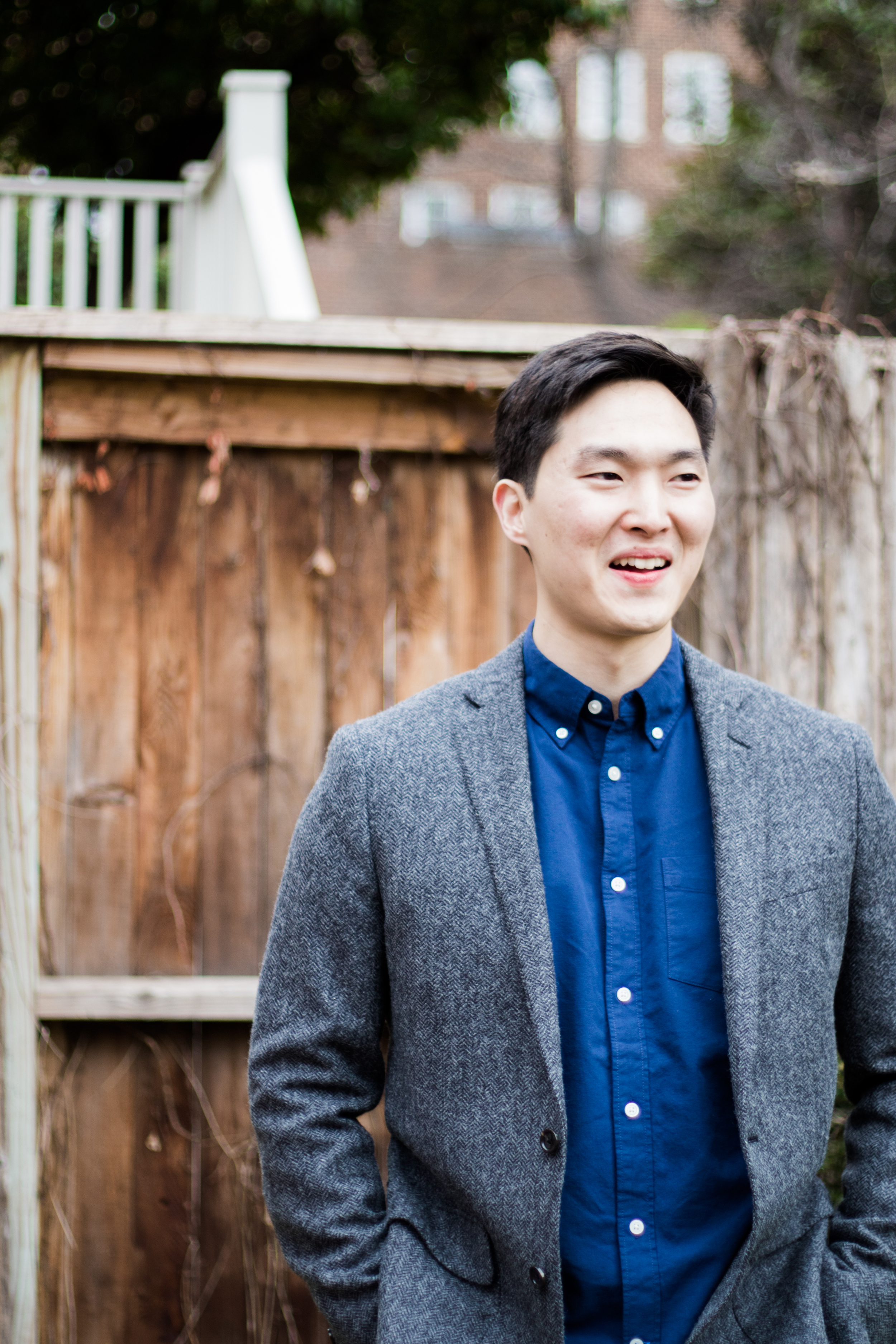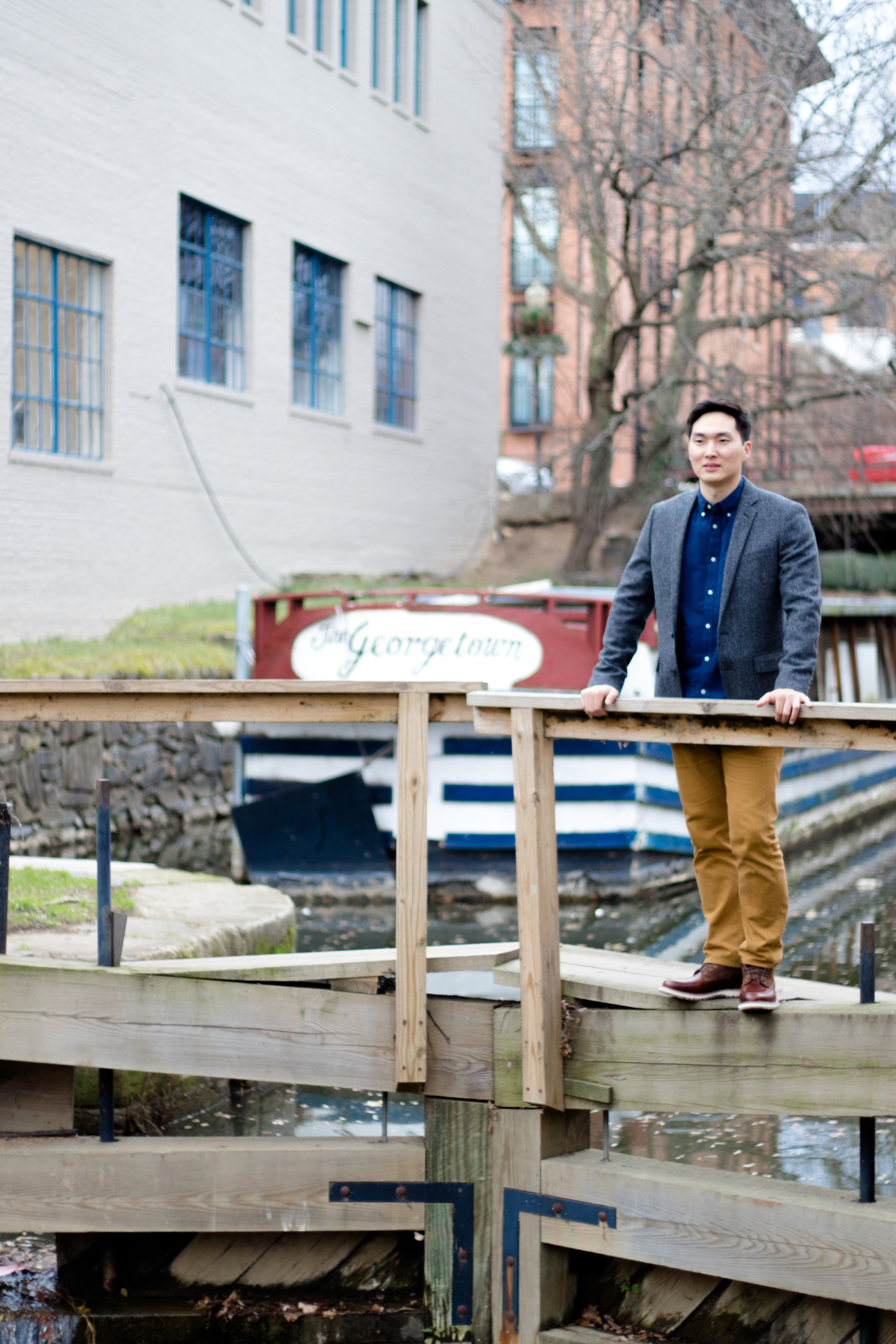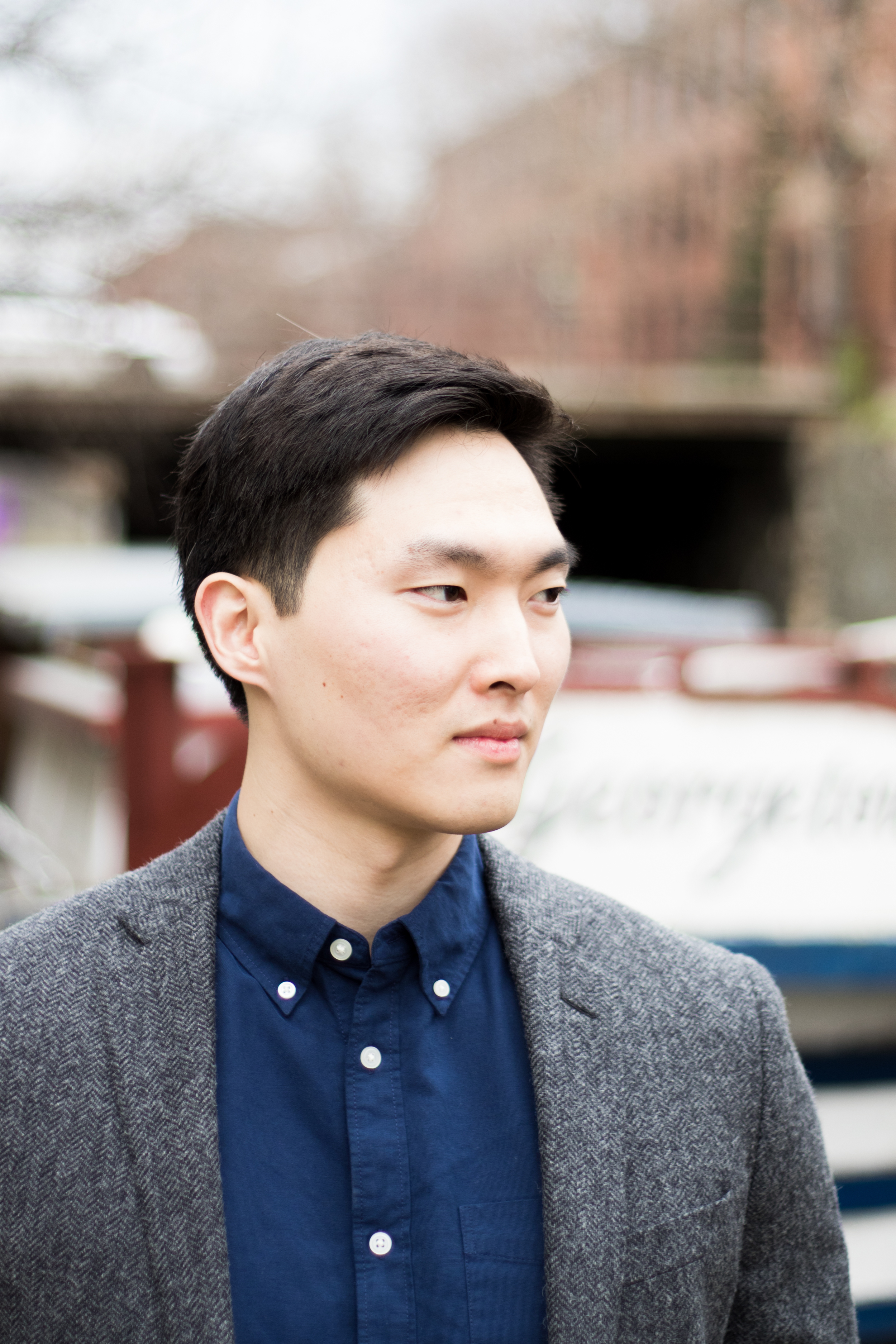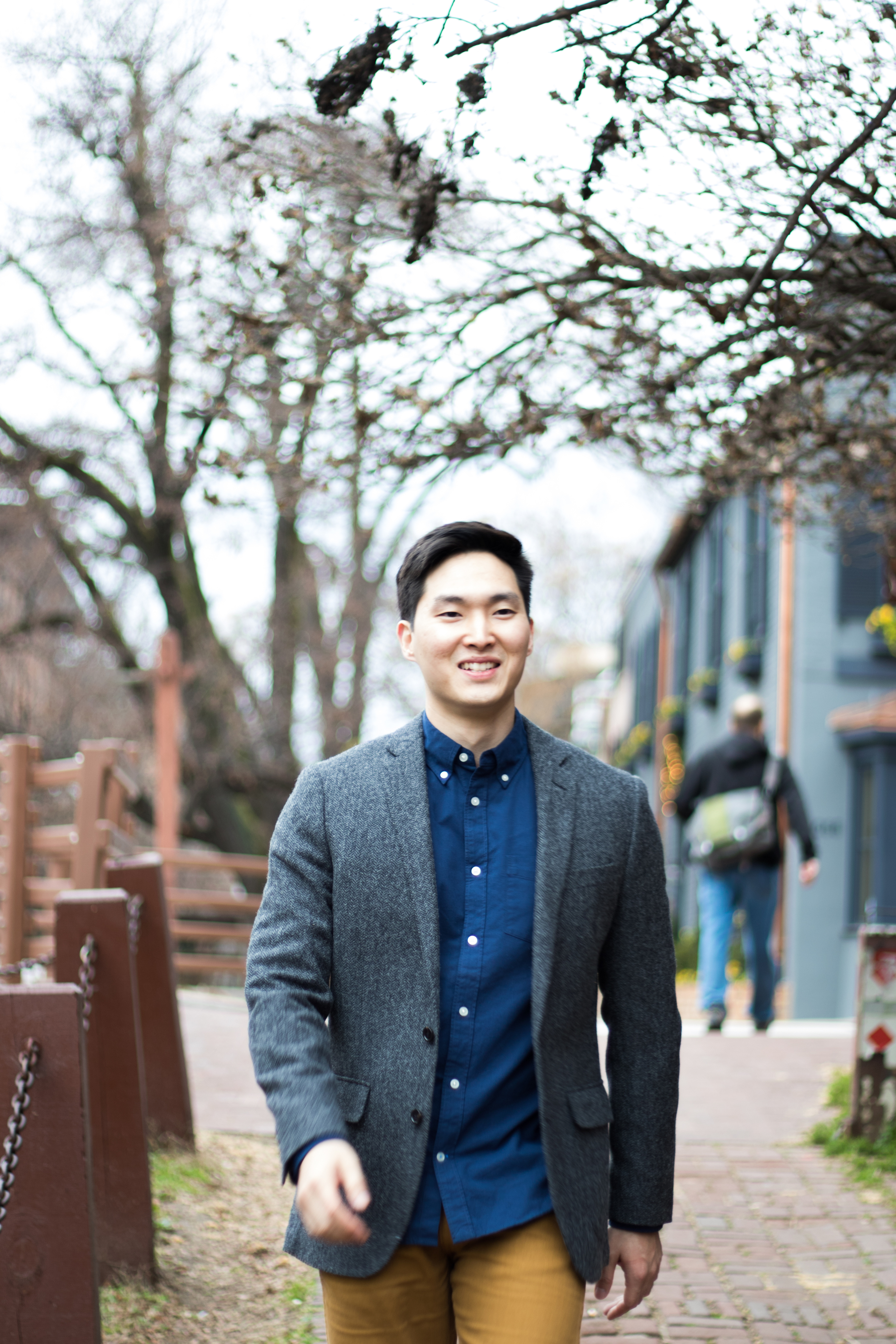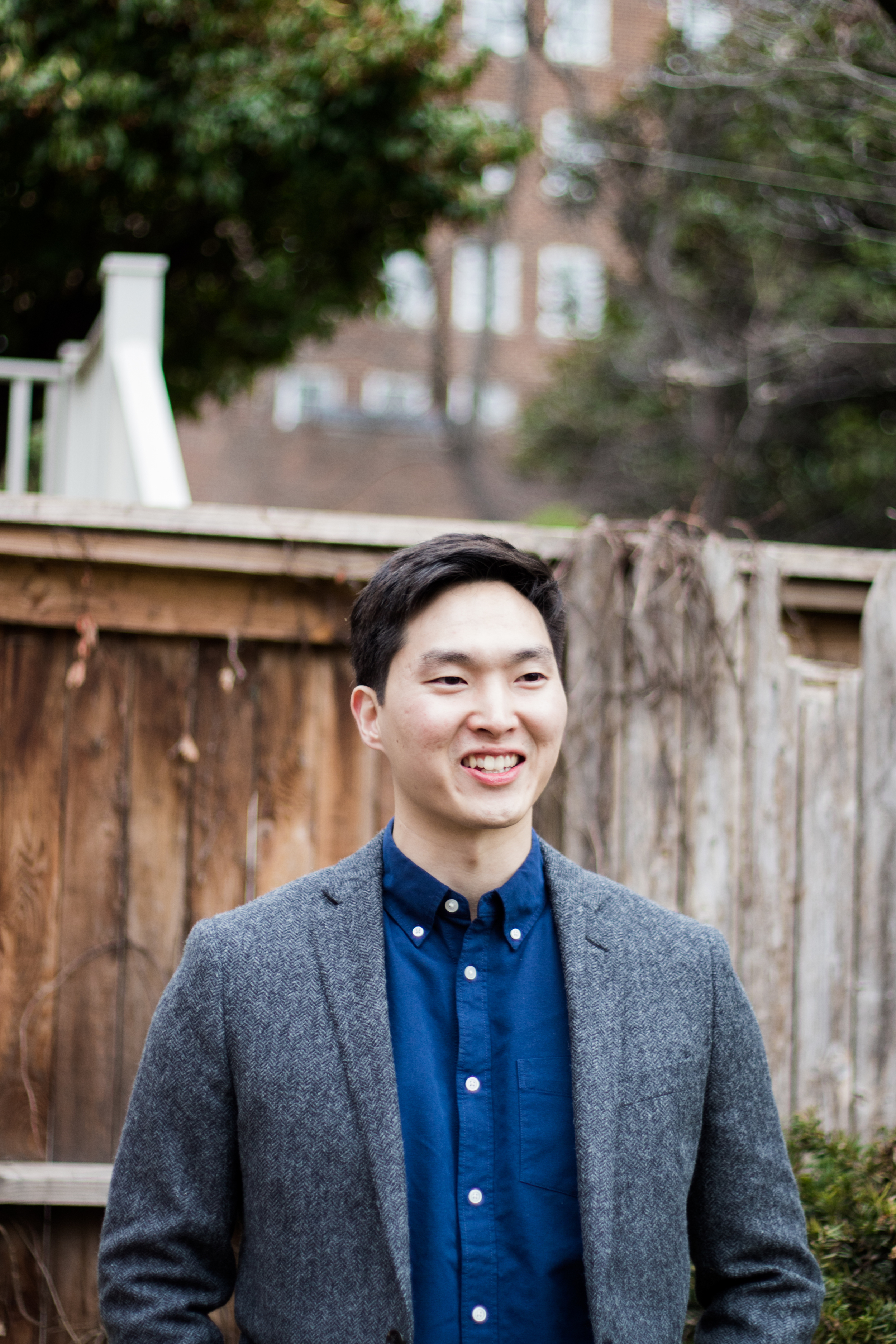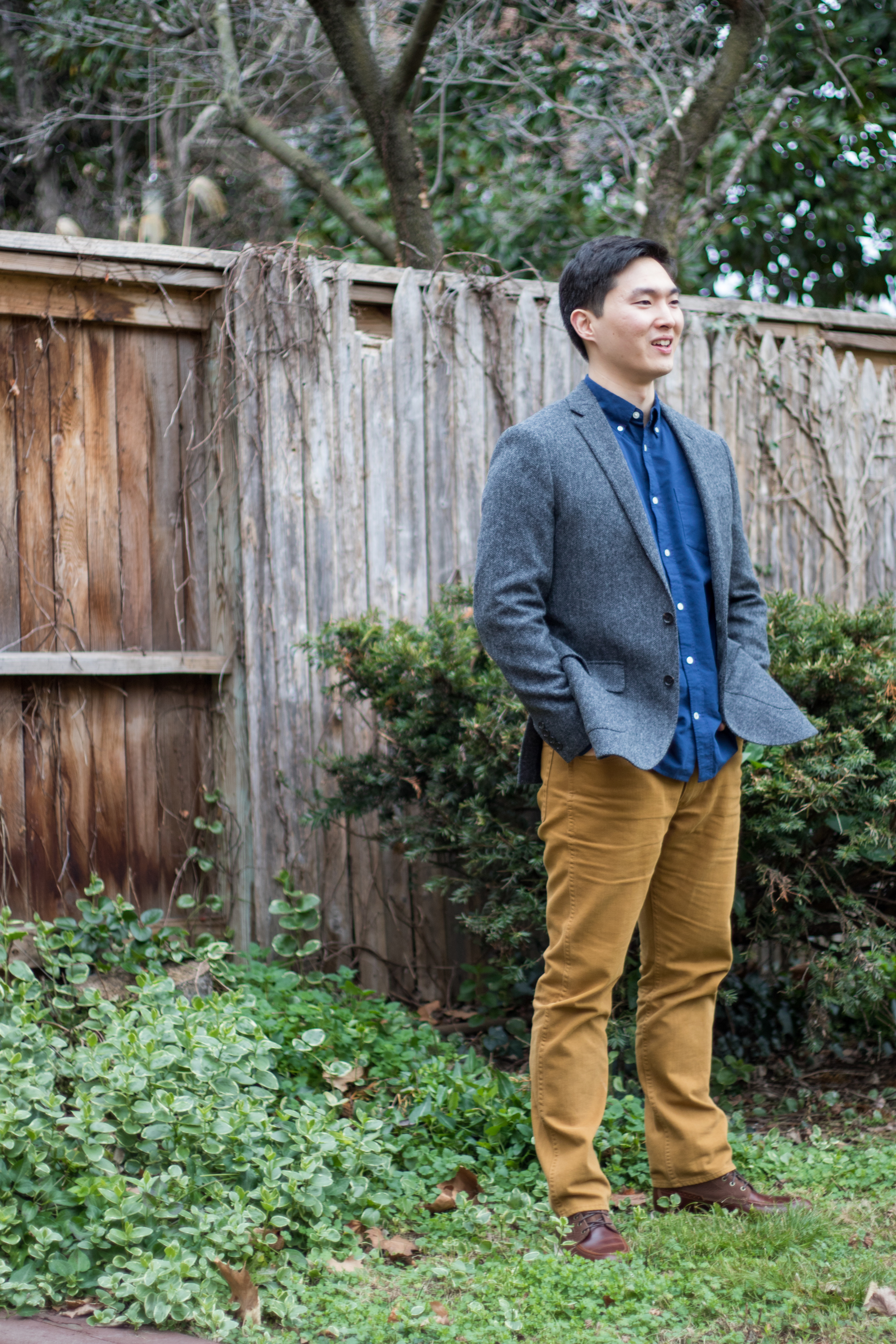Coming back to Georgetown to take these photos, I am reminded of one of the darkest and most difficult times of my life. While taking on an extremely challenging course load in graduate school and applying for medical school, I struggled with insomnia and depression. On most nights, I would get four hours of sleep after tossing and turning for several hours in bed. It did not matter whether I had pulled an all-nighter the night before. My thoughts became narrower, concentrating became more difficult, and my personality changed to become more withdrawn and timid. I kneeled and pleaded before God for understanding about this dark period in my life and a glimpse to when it might end. I received neither.
Two and a half years later, I now have some resolution as I feel a new depth of compassion and empathy towards patients I encounter as a medical student, and more specifically, people with mental illness. I have been passionate about advocating for society’s marginalized since I was young. However, prior to this experience, I felt distant from mental health issues, despite encountering them many times while ministering to people at church and the homeless. I now recognize that my time at Georgetown was an unexpected, difficult season of growth that has enabled me to connect and care for people at a whole new capacity. This experience opened me to a new group of marginalized people, those with mental illness. These days, when I practice my history-taking and physical exam skills on mock patients, the most common feedback I receive is that I am a great listener and observer. I still don’t completely understand why I had to go through that dark time, but I am thankful for the awareness and sensitivity that I gained.




